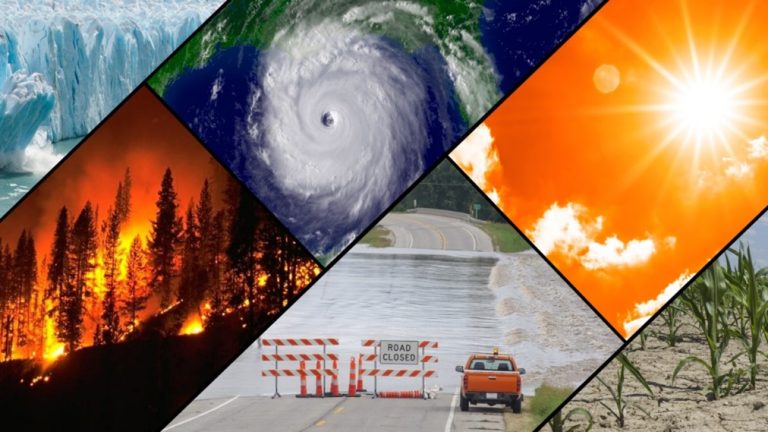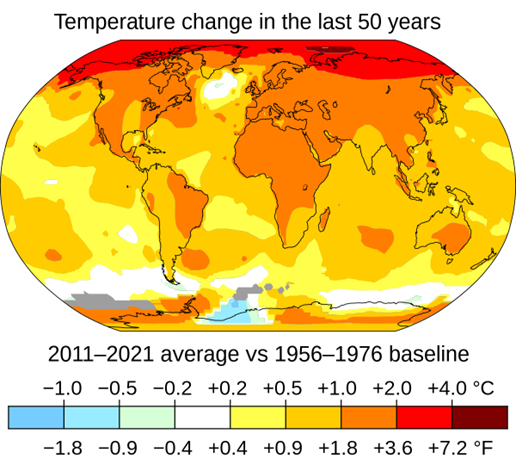- Home
- All Courses
- Eco-Walks Learning Path
- Climate issues
Curriculum
- 3 Sections
- 5 Lessons
- Lifetime
- Climate IssuesYou will learn here the definition of “Climate Issues” and what are their main threats. You will discover how they are affecting outdoor activities and why is important to work on avoid them.2
- Climate ChangeDuring this chapter you will learn the definition about “Climate Change” and its problems regarding outside activities, how to fight against it and what to do to avoid climate change effects. You will discover how much you learned during the chapter thanks to a quiz3
- Am I the problem or the solution?During this chapter you will learn different reasons why humans are responsible of climate change but also some methodologies of fighting against it. You will finalize it with a quiz regarding the knowledge.3
Climate Issues – Definition
Definition
The consequences known as climate issues now include, among others, intense droughts, water scarcity, severe fires, rising sea levels, flooding, melting polar ice, catastrophic storms, and declining biodiversity.
The effects of climate issues alter outdoor activities, i.e. the increase in sea temperature changes evaporation patterns, the circulation of ocean currents, the physiology of organisms, the impact on the food chain that sustains life and also the possibility of continuing to exercise in the streets
In addition, if these weather issues are very strong, solar radiation increases and that affects outdoor sports, so we must avoid at all costs that this continues, raising awareness in the population, our family, friends and ourselves. If we act a priori, outdoor sports or physical activities will no longer be endangered, with small details in our habits, we will avoid a catastrophe on a global and local level.
If we make a change, we will continue to exercise.
Awareness-raising is not just about communicating the problem to those around us, it is about constant action and making it a habit, from avoiding straws, plastics and PET bottles, to avoiding excessive car use and avoiding dumping toxic waste down the drain.
Our climate is changing in many ways. One of the clearest signs is that the world is warming. Scientists know this through evidence compiled from satellites, weather balloons, thermometers, weather stations and more. Since 1880, average global temperatures have increased by about 1 degrees Celsius (1.7° degrees Fahrenheit). Global temperature is projected to warm by about 1.5 degrees Celsius (2.7° degrees Fahrenheit) by 2050 and 2-4 degrees Celsius (3.6-7.2 degrees.


